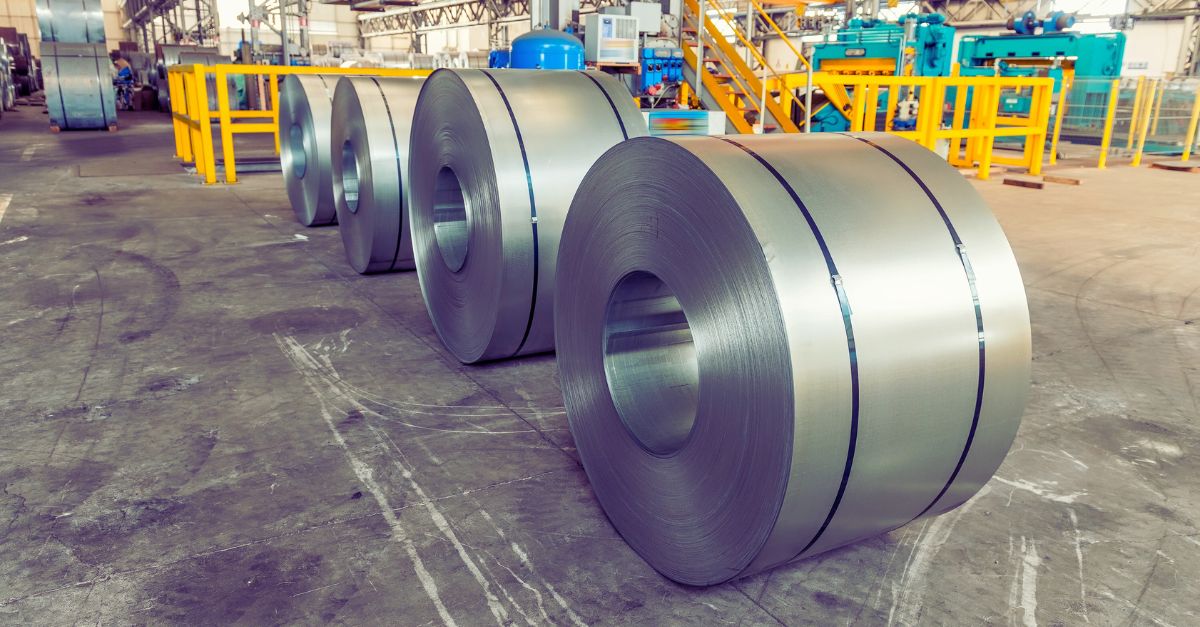India–US Trade Tensions Rise Over Steel and Auto Tariffs NMDC Limited reports a 38% drop in Q4 FY24 consolidated net profit RINL to Raise $23 Million Through Land Sales Amid Crisis

✔ Stronger Domestic Industry: Government contracts to favor locally produced steel.
✔ Reciprocity Clause Introduced: Foreign firms must provide Indian companies equal market access.
✔ Boost to Atmanirbhar Bharat: Encourages self-reliance in steel production.
In a bid to strengthen domestic steel production and ensure fair trade practices, the Indian government has revised its steel procurement policy. The new policy mandates increased use of locally produced steel in government contracts while introducing a reciprocity clause to curb unfair competition from foreign suppliers.
Under the revised norms, public sector projects must source a higher percentage of steel from domestic producers, promoting self-reliance and reducing import dependency. The reciprocity clause prevents foreign firms from participating in government tenders unless Indian companies receive equal market access in their respective countries. This move aims to counter restrictive trade policies imposed by certain nations.
Industry experts believe this shift will boost domestic steel consumption, create jobs, and enhance India's steel manufacturing capacity. Additionally, the policy is expected to encourage foreign investments in local production facilities. However, global suppliers may face stricter entry barriers, potentially affecting international trade relations.
With India aiming to become a global steel powerhouse, this procurement policy aligns with the Atmanirbhar Bharat initiative, ensuring that national infrastructure projects rely on locally manufactured, high-quality steel while maintaining a level playing field in global trade.
Also Read : PM launches infra projects worth ₹17,300 cr in Thoothukudi India tightens import regulations to boost domestic steel production.